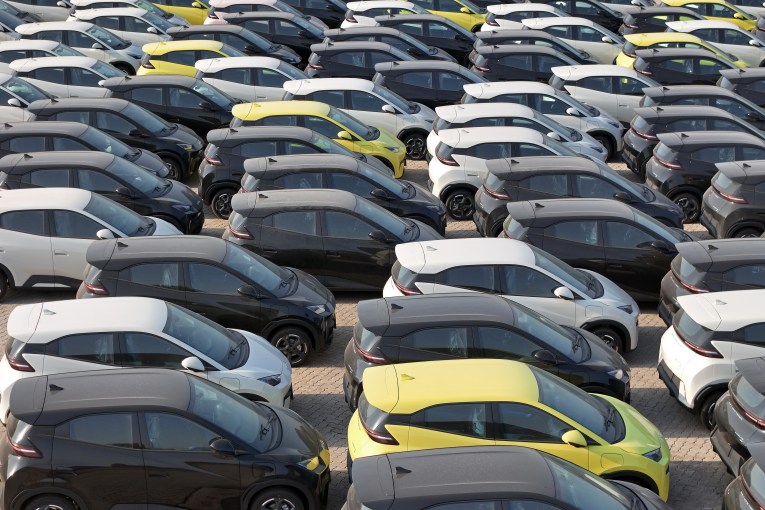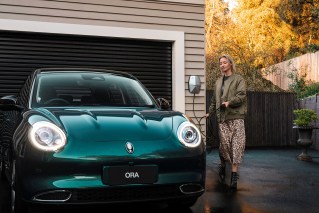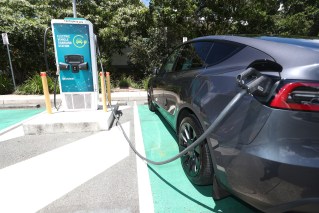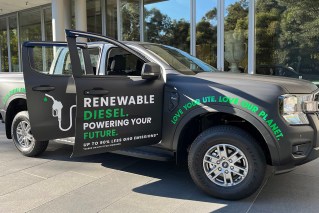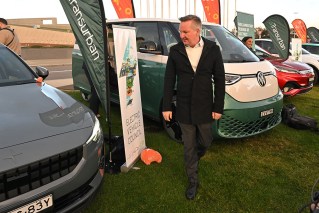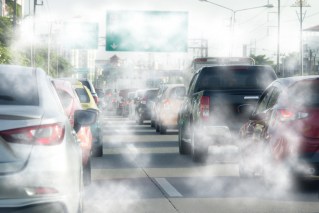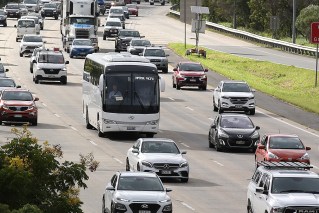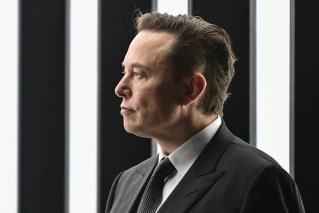Car firms to phase out fossil fuel by 2040
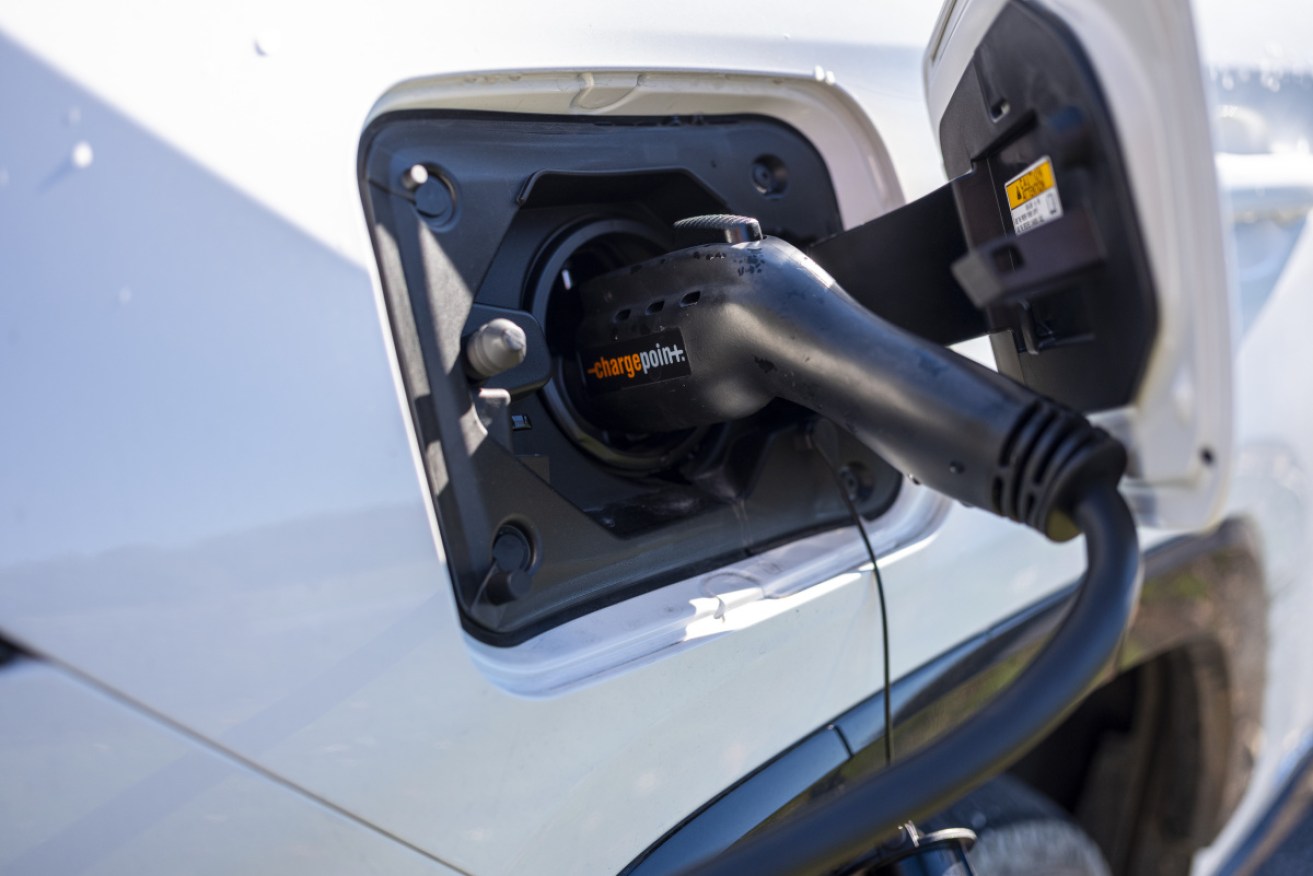
A study into electric vehicles in Australia's three biggest cities recommends targeted tax breaks and discounts to accelerate their adoption. Photo: AAP
Six major carmakers will commit to phasing out the production of fossil-fuel vehicles around the world by 2040, as part of global efforts to cut carbon emissions, the British government says.
But sources familiar with the pledge’s contents said some big manufacturers — including the world’s top two, Toyota and Volkswagen — and crucial car markets China, the United States and Germany have not signed up.
Their absence highlights the challenges that remain in shifting to a zero-emission future.
Cars, trucks, ships, buses and planes account for about a quarter of all global carbon emissions, data from the International Energy Agency shows, of which the bulk comes from road vehicles.
Sweden’s Volvo, US car firms Ford and General Motors, Germany’s Mercedes-Benz, China’s BYD, and Jaguar Land Rover, a unit of India’s Tata Motors, will sign the pledge on Wednesday at the COP26 climate talks in Glasgow.
Volvo has already committed to going fully electric by 2030.
Britain, which is hosting the COP26 summit, said four new countries, including New Zealand and Poland, were joining other nations already committed to ensuring all new cars and vans are zero-emission by 2040 or earlier.
But the apparent unwillingness of China, the world’s largest car market, and the United States — the world’s largest economy and second-largest car market — to join the pledge raises questions about its effectiveness.
GM said it is “proud to now stand alongside other companies, governments and civil society organisations to support the declaration to commit to working towards a transition to 100% zero-emission vehicles by 2035”.
Sources said while the United States is not joining the pledge, key car-buying states like California and New York have signed up.
Some manufacturers are wary of the pledge because it commits them to a costly shift in technology, but lacks a similar commitment from governments to ensure the necessary charging and grid infrastructure will be built.
The European Commission has proposed an effective ban on fossil-fuel vehicles by 2035, accompanied by a commitment to charging infrastructure.
The world’s No. 4 carmaker, Stellantis, was also missing from the latest pledge, as were Japan’s Honda and Nissan, Germany’s BMW and Korea’s Hyundai.
According to sources, ride-hailing company Uber will also be a signatory.
